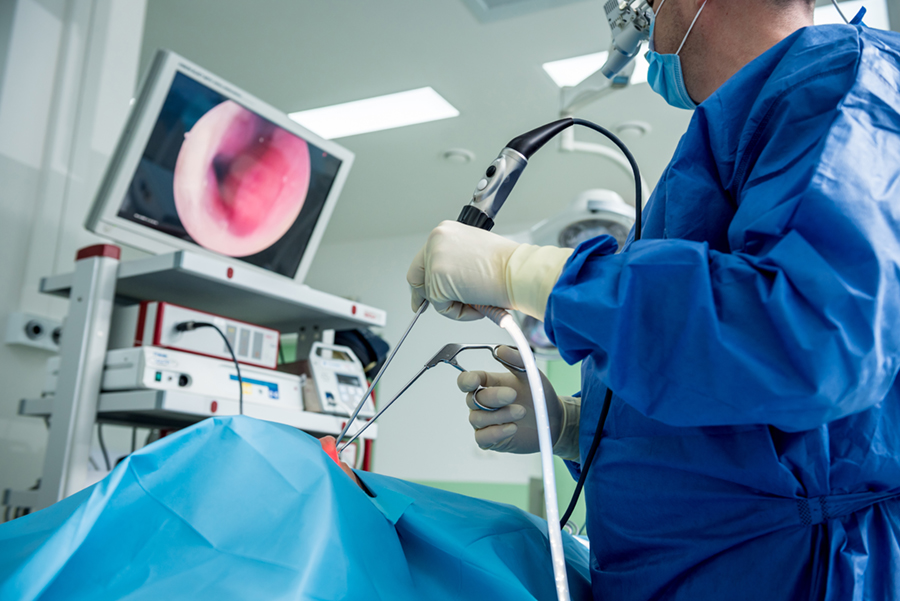The delicate network of passages within your nose plays a very important role in respiration and overall health. When you experience persistent nasal issues, a nasal endoscopy, also known as rhinoscopy, can offer a valuable window into the internal workings of your nose. In this guide, you can learn what to expect when you opt for this treatment.
- Understanding nasal endoscopy
Nasal endoscopy is a minimally invasive procedure that uses a thin, flexible tube equipped with a camera and light to examine the inside of your nose. The method provides doctors with a detailed view of your nasal passages and sinuses, allowing them to diagnose and treat different conditions that might not be detectable through a standard physical examination.
The main advantage of this treatment is its ability to provide a clear and detailed view of the nasal cavity. The experts can help you identify the exact cause of nasal symptoms like congestion and nose bleeds. They can also help you accurately place or direct treatments like biopsies or medications.
- Reasons for nasal endoscopy
The doctors might recommend a nasal endoscopy for different symptoms that are persistent or even unexplained. Persistent blockage and difficulty breathing through the nose. There might be severe or chronic allergy reactions that impact the nasal passages, nosebleeds, or even frequent or unexplained episodes of nasal bleeding.
- Diagnostic tool
Nasal endoscopy is an essential diagnostic tool for various conditions, such as sinus infections. At times, it also helps detect tumors.
- Preparing for your nasal endoscopy
Before undergoing this treatment, you must thoroughly consult your doctor. The doctor will explain the procedure’s purpose, steps, and benefits. You can discuss any anxieties or questions that you would have about the procedure to ensure that you are comfortable and informed. The doctor may advise you to adjust or temporarily discontinue some medications before the procedure. Adjustments are related to blood thinners, which reduce the risk of bleeding.
In some cases, your doctor might provide you with fasting guidelines, mainly if sedation is used. Instructions include avoiding food and drink for a certain number of hours before the procedure to prevent complications related to sedation. You can click here to learn more https://drkhliment.com.sg/ent-nasal-endoscopy-nasoendoscopy/.
- The day of your nasal endoscopy
On the day of your operation, you will typically arrive 15 to 30 minutes before your appointment. You must complete the vital paperwork and provide your medical history and medication list.
Local anesthesia will be applied to your nasal passages to reduce the discomfort. The doctor will carefully insert the endoscope into your nostril. The flexible tube has a lightened camera that transmits images to a monitor. The doctor examines the nasal cavity and sinus, looking for any abnormalities or issues.
The procedure is quick, lasting only a few minutes, and most patients find it well tolerated due to topical anesthetics and experience only mild discomfort or slight pressure.
Nasal endoscopy is a valuable diagnostic tool that provides a clear and detailed view of your nasal cavity and sinus. It helps accurately diagnose and treat different nasal conditions, offering relief from persistent symptoms and improving your overall nasal health.



